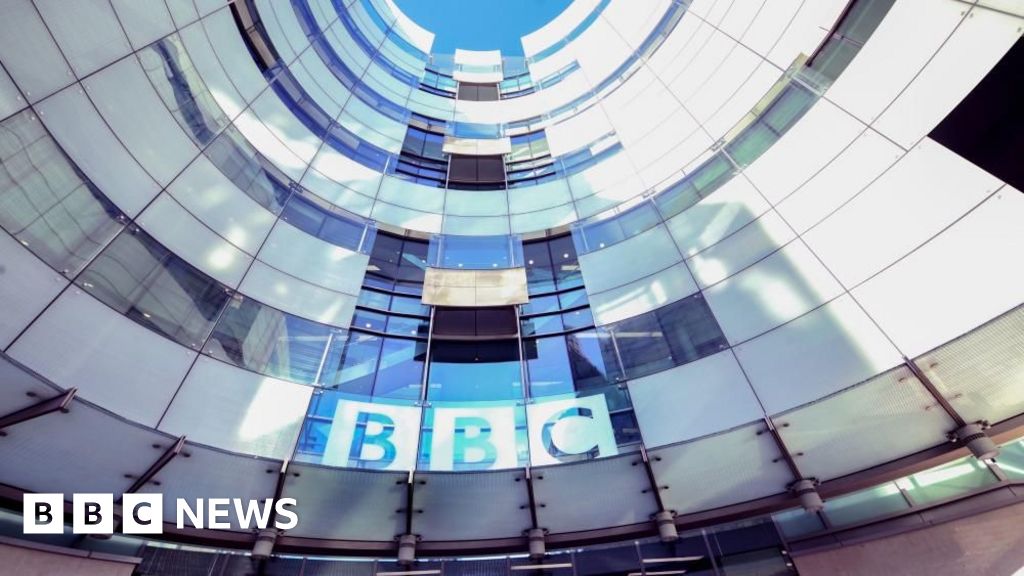Prime Minister Sir Keir Starmer has ruled out changes to how the BBC is funded until at least 2027.
“We are committed in our manifesto to the BBC and to the licensing scheme,” the prime minister said during his trip to Washington DC this week.
The BBC has faced real terms cuts in recent years, including a two-year freeze on the licence fee, leading to cuts to services and programmes.
The Conservative government suggested in 2022 it would abolish the licence fee when its charter was up for renewal and move towards a voluntary funding model.
But signalling his commitment to the existing model, Sir Keir said: “There’s going to be some more thought between now and [2027], but we are committed to the BBC and we are committed to the licensing arrangements.”
Among programmes impacted by recent cuts was BBC Two’s Newsnight, which was stripped back as part of efforts to find £500m in savings.
The licence fee was frozen at £159 for two years by Nadine Dorries when she was culture secretary in Boris Johnson’s government.
The Conservative government and the BBC agreed a six-year deal which included the two-year freeze, with annual increases set to follow inflation from 2024 until March 2028.
But the Conservatives in December decided against that deal, announcing a below-inflation rise of £10.50 per year to £169.50 coming in from 1 April.
The BBC’s director general Tim Davie announced back in March that the corporation would explore how to reform the licence fee.
The licence fee pays for BBC services including TV, radio, the BBC website, podcasts, iPlayer and apps.
Its existence is guaranteed until at least 31 December 2027 by the BBC’s royal charter, which sets out its funding and purpose.
A spokesperson for the BBC said: “We remain totally focused on offering value to the public and will engage with the government on funding at the appropriate time.”

